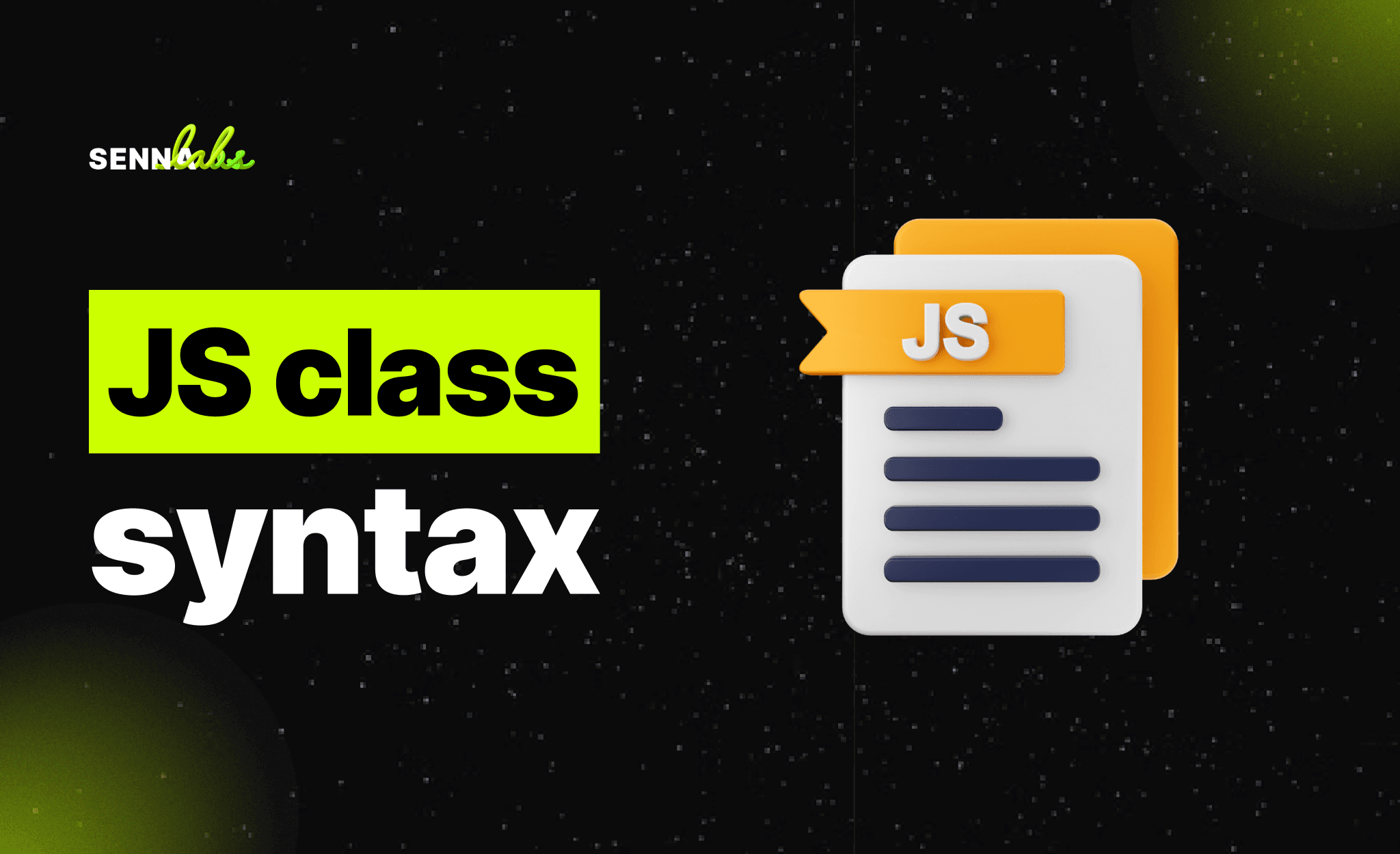Cost-Effective Custom Software Development for Business Growth
Share

In today’s competitive business landscape, organizations need custom software solutions that align with their specific operational needs, workflows, and customer interactions. However, traditional software development can be expensive, making it difficult for startups and small businesses to invest in tailored solutions.
By adopting cost-effective software development strategies, companies can build a high-quality Customer Relationship Management (CRM) platform without overspending. This approach ensures streamlined processes, improved efficiency, and enhanced customer engagement while maintaining a budget-friendly model.

Why Custom CRM Software is Essential for Business Growth
A CRM system is a vital tool for managing customer relationships, sales pipelines, and marketing campaigns. Unlike off-the-shelf CRM software, which may include unnecessary features or lack customization, a custom-built CRM provides businesses with functionalities that align perfectly with their operations.
Key Benefits of a Custom CRM System
-
Designed to fit specific business requirements.
-
Reduces manual data entry and task management.
-
Enhances data analytics for better decision-making.
-
Adapts as the business grows.
-
Eliminates unnecessary subscription fees for unused features.
Challenges in Traditional CRM Software and How Custom Solutions Solve Them
Expensive Licensing Fees
Many CRM solutions operate on a subscription-based model, leading to recurring costs that increase as the user base grows.
A custom CRM eliminates dependency on external vendors, allowing businesses to own and control their platform without ongoing licensing fees.
Complexity and Unnecessary Features
Off-the-shelf CRM platforms often come with prebuilt features that may not be relevant to every business, making the system difficult to use.
Custom CRM development ensures that the platform includes only essential features, leading to better usability and efficiency.
Integration Limitations
Many businesses use multiple third-party applications for accounting, customer support, and marketing. A rigid CRM system may lack compatibility with these tools.
A custom CRM can seamlessly integrate with existing business applications, creating a centralized and efficient ecosystem.
Limited Scalability
As businesses grow, their CRM needs evolve. Generic CRM software often lacks the flexibility to scale up or customize features according to changing business needs.
A custom CRM platform is built with scalability in mind, allowing for modifications, expansions, and feature updates as needed.
Key Features of a Cost-Effective Custom CRM System
A budget-friendly custom CRM should focus on essential yet powerful features that enhance business efficiency without unnecessary costs.
Contact & Lead Management
-
Centralized customer database with segmentation.
-
Automated lead tracking and follow-ups.
Sales Pipeline Management
-
Customizable sales stages for accurate tracking.
-
AI-powered sales forecasting and analytics.
Workflow Automation
-
Automates routine tasks such as email responses and appointment scheduling.
-
Integrates with marketing campaigns and customer support.
Multi-Channel Communication
-
Email, SMS, and social media integration for enhanced engagement.
-
AI-driven chatbots for instant customer support.
Role-Based Access & Security
-
Secure data storage with user authentication controls.
-
Compliance with GDPR and data protection laws.
Analytics & Reporting
-
Real-time dashboards with KPI tracking.
-
Custom reports for business intelligence insights.
How to Build a Cost-Effective Custom CRM System
Define Business Requirements & Budget
-
Identify essential CRM features that align with business operations.
-
Set a budget for development, maintenance, and scaling.
Choose an Affordable Technology Stack
-
Use open-source frameworks like Laravel, Django, or Node.js to reduce licensing costs.
-
Opt for cloud-based hosting (AWS, Google Cloud) for scalability.
Implement an Agile Development Approach
-
Break development into smaller, manageable phases (MVP first).
-
Continuously test and refine the CRM features to ensure cost efficiency.
Outsource to a Cost-Effective Development Team
-
Consider remote development teams in regions with affordable hourly rates.
-
Leverage freelance developers or outsourcing companies specializing in CRM solutions.
Utilize Low-Code or No-Code Solutions for Prototyping
-
Tools like Bubble, OutSystems, or Zoho Creator can help develop a prototype quickly.
-
Use these tools to test features before investing in full-scale development.
Plan for Scalability & Future Enhancements
-
Design the CRM with modular features to allow future upgrades.
-
Ensure it supports third-party integrations to extend functionality.
Conclusion
Building a custom CRM system does not have to be expensive. With a cost-effective development approach, businesses can create a tailored CRM platform that enhances workflow automation, customer interactions, and data management while staying within budget constraints.
By leveraging essential features, open-source technologies, outsourcing opportunities, and agile methodologies, companies can develop a scalable, high-performance CRM without unnecessary expenses.

Share

Keep me postedto follow product news, latest in technology, solutions, and updates
Related articles
Explore all


